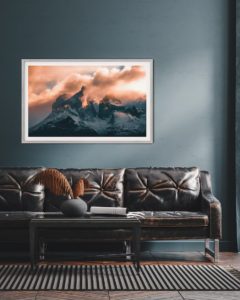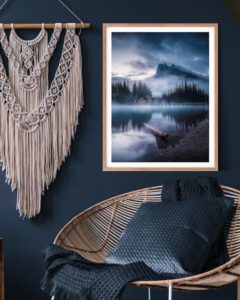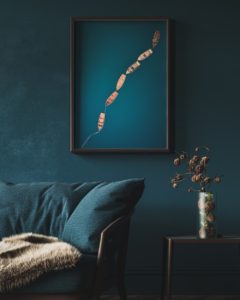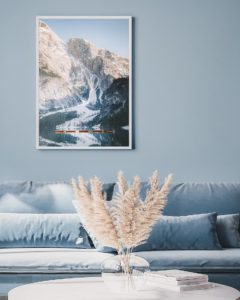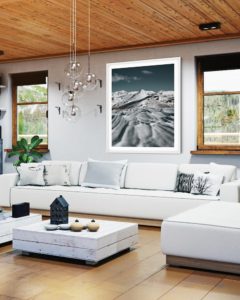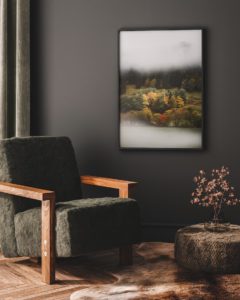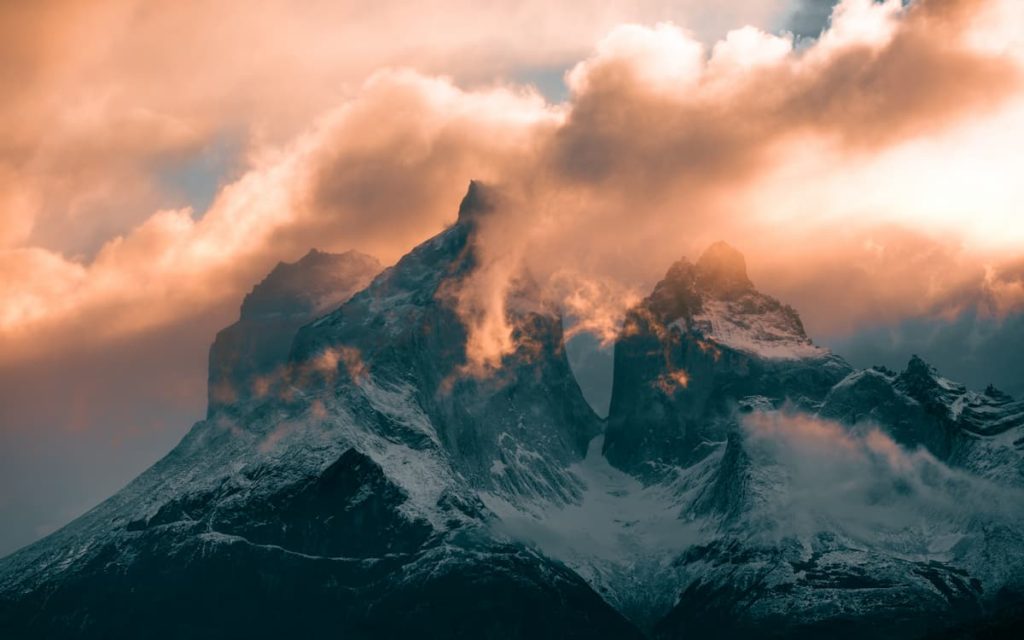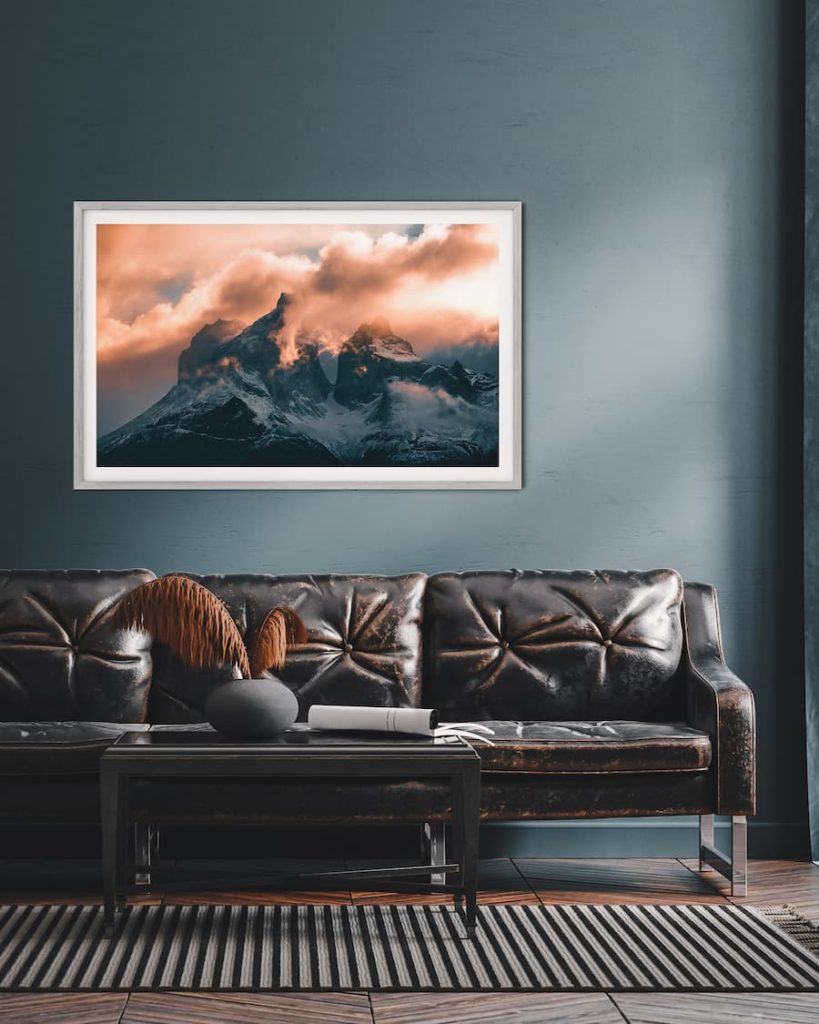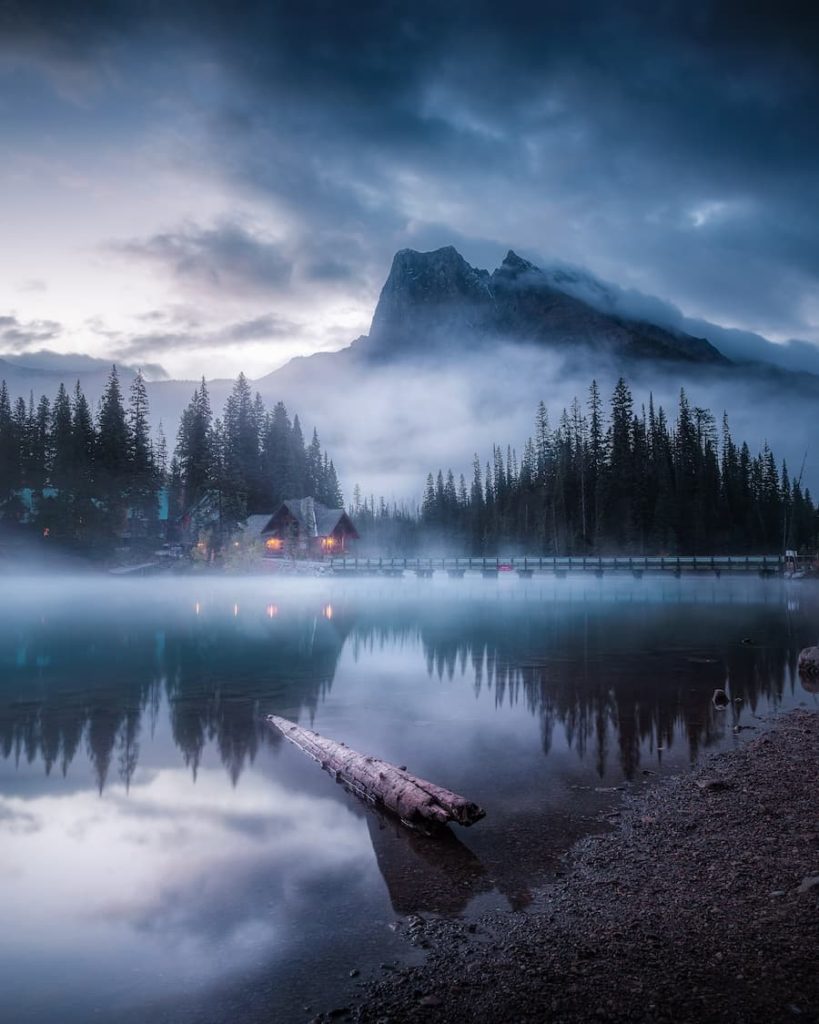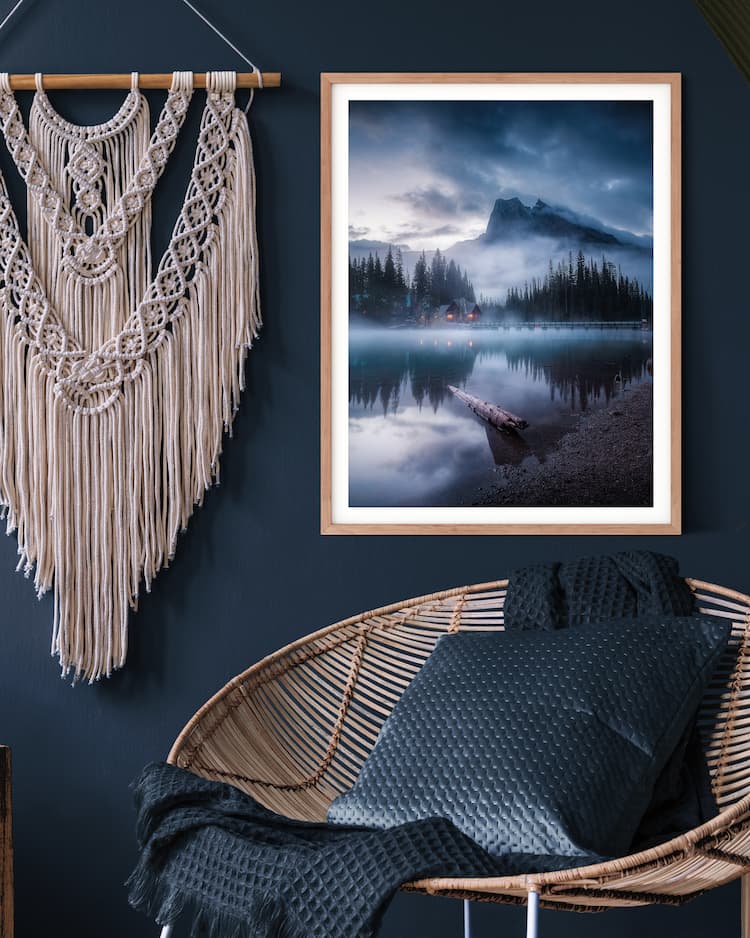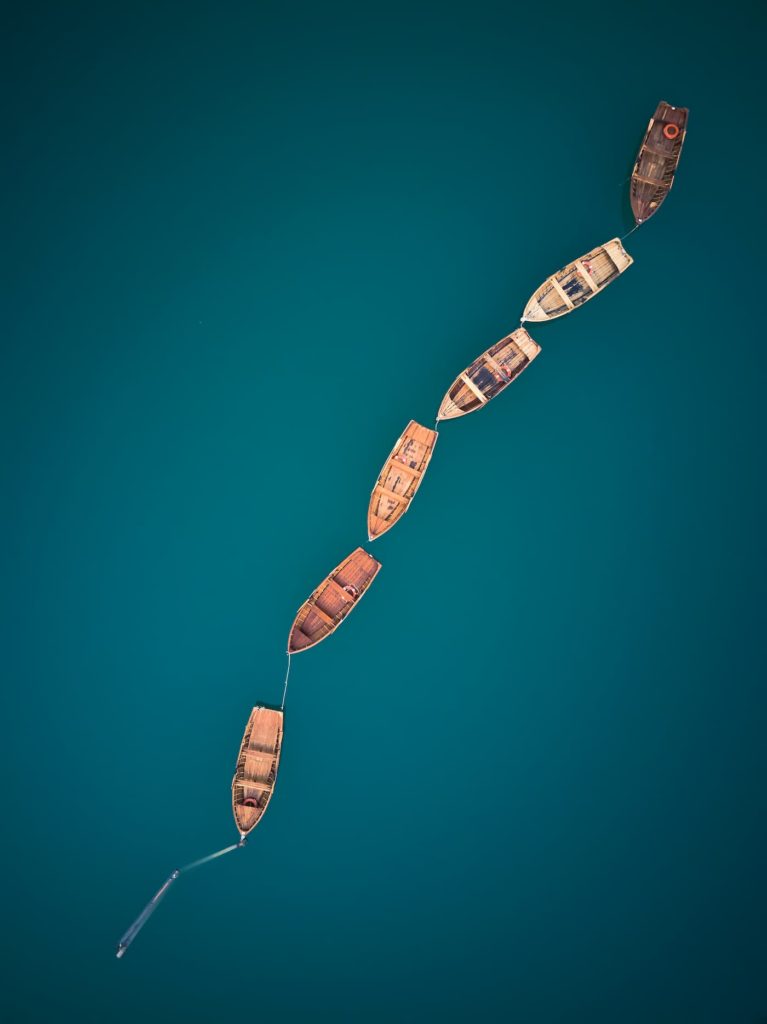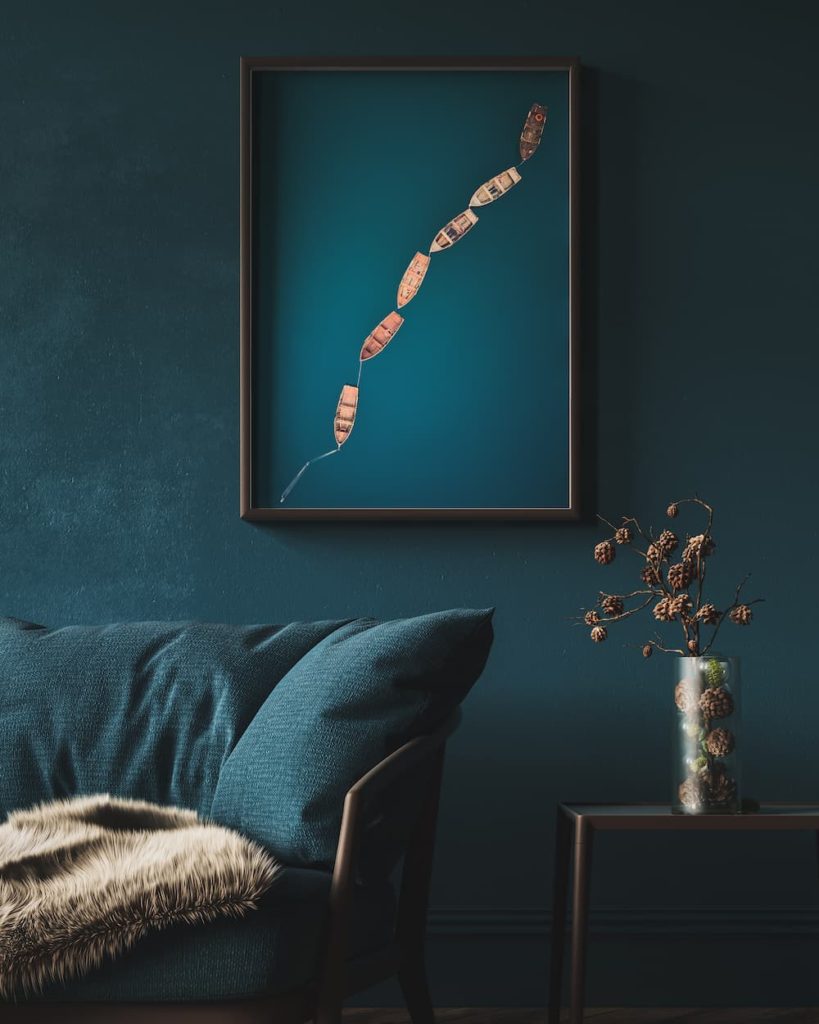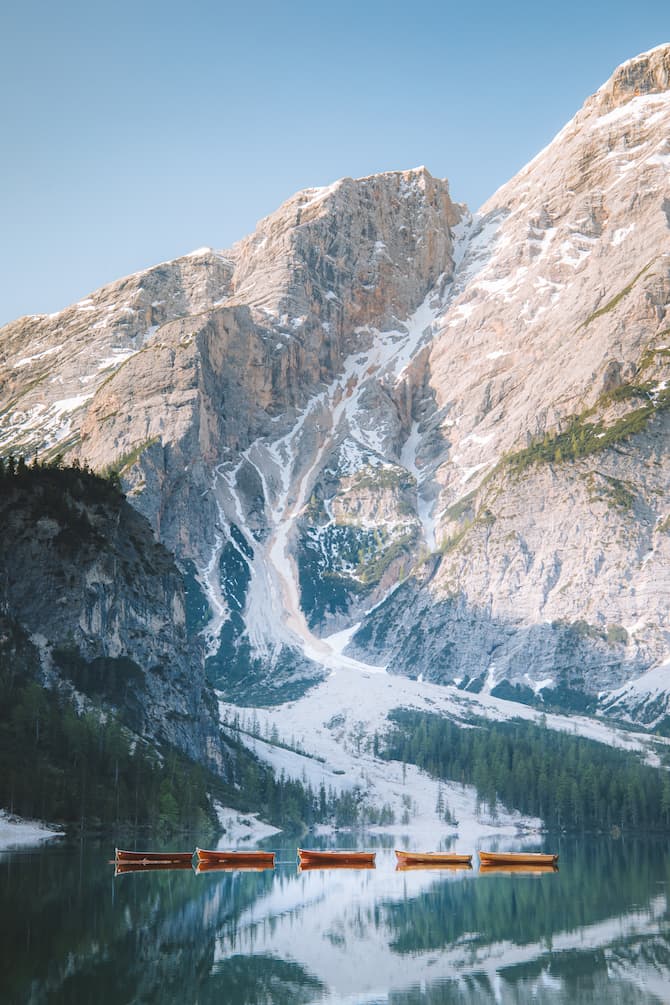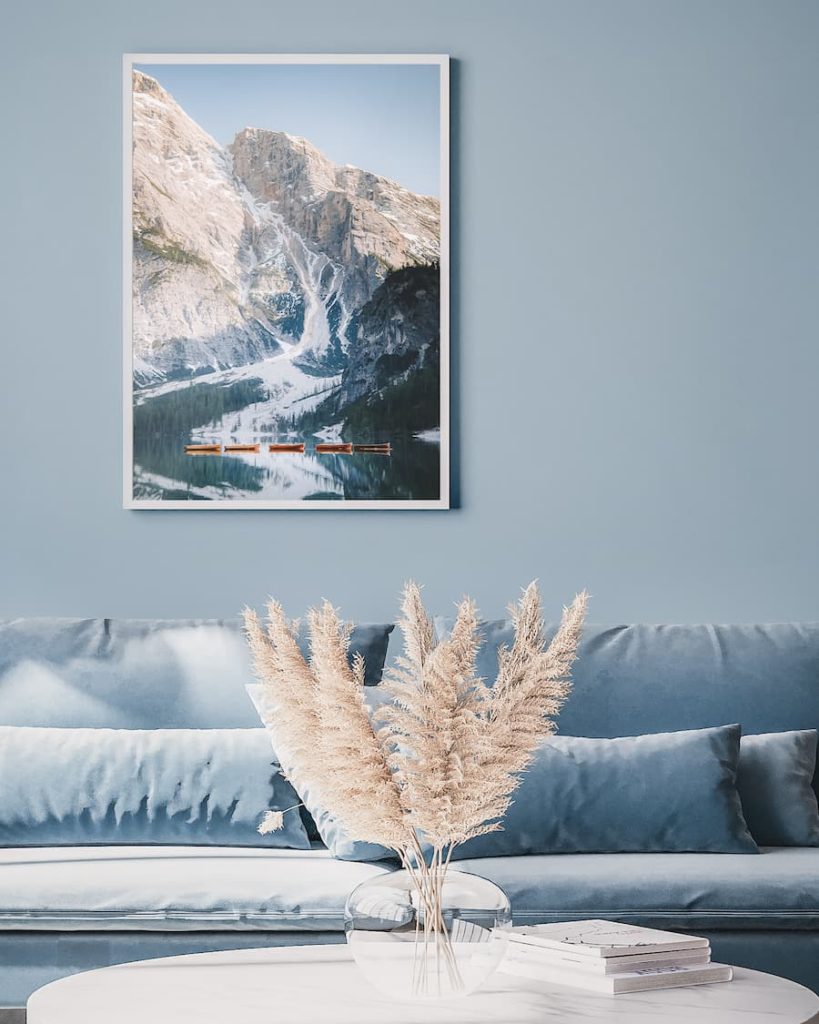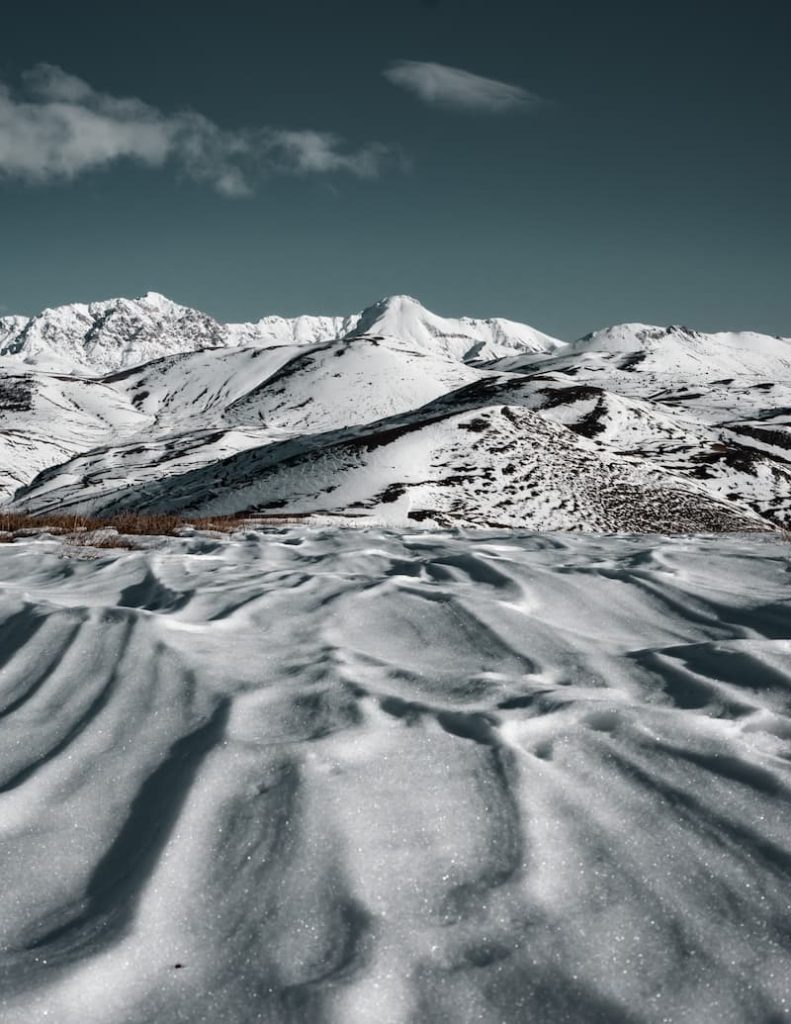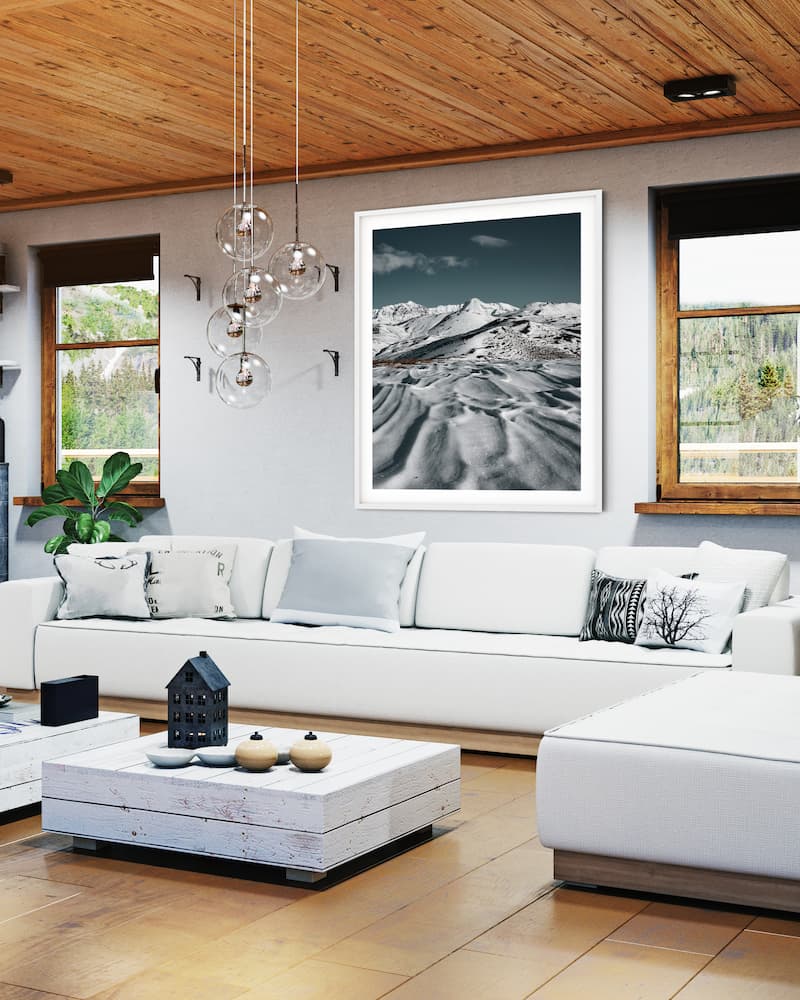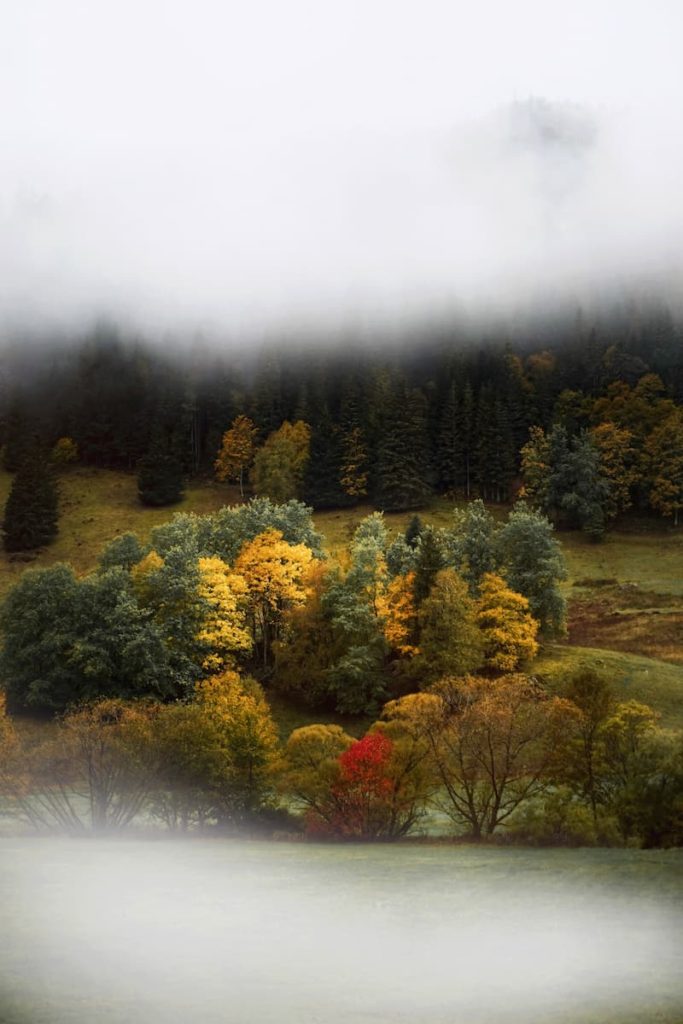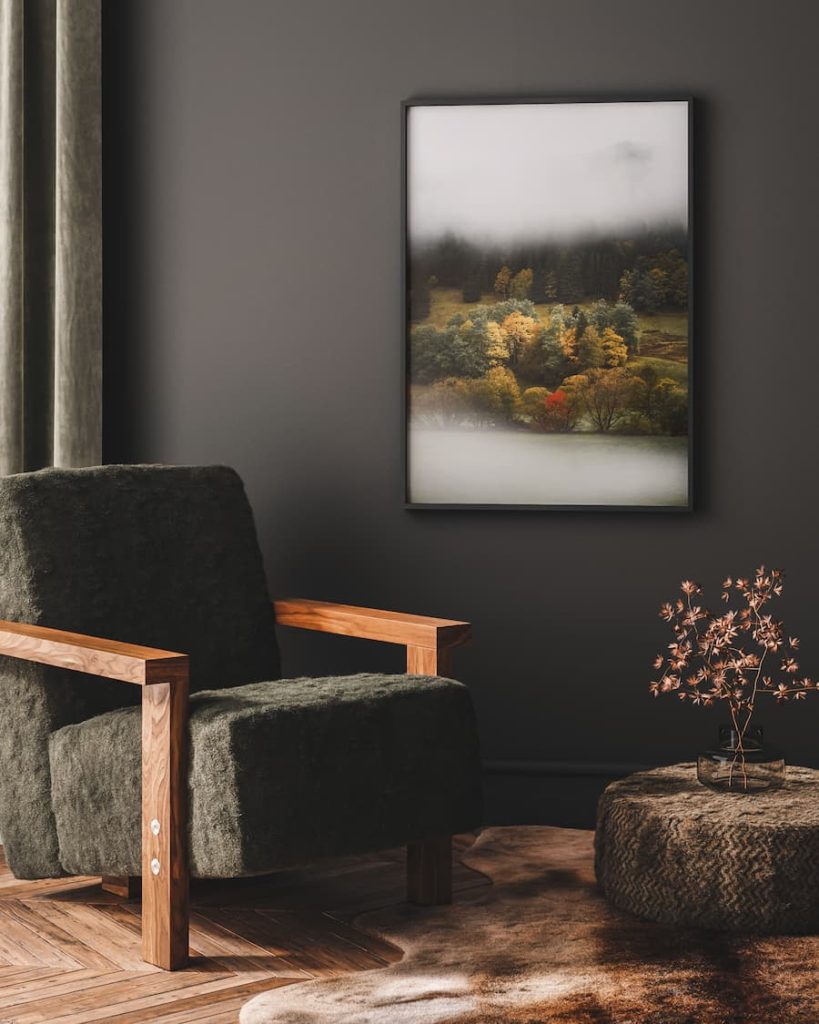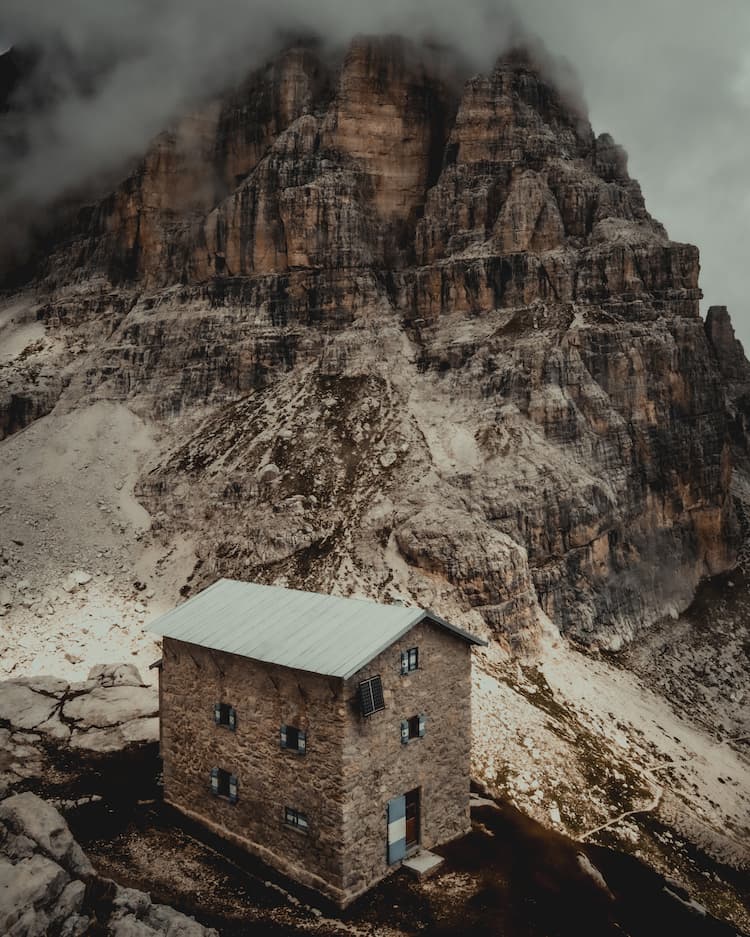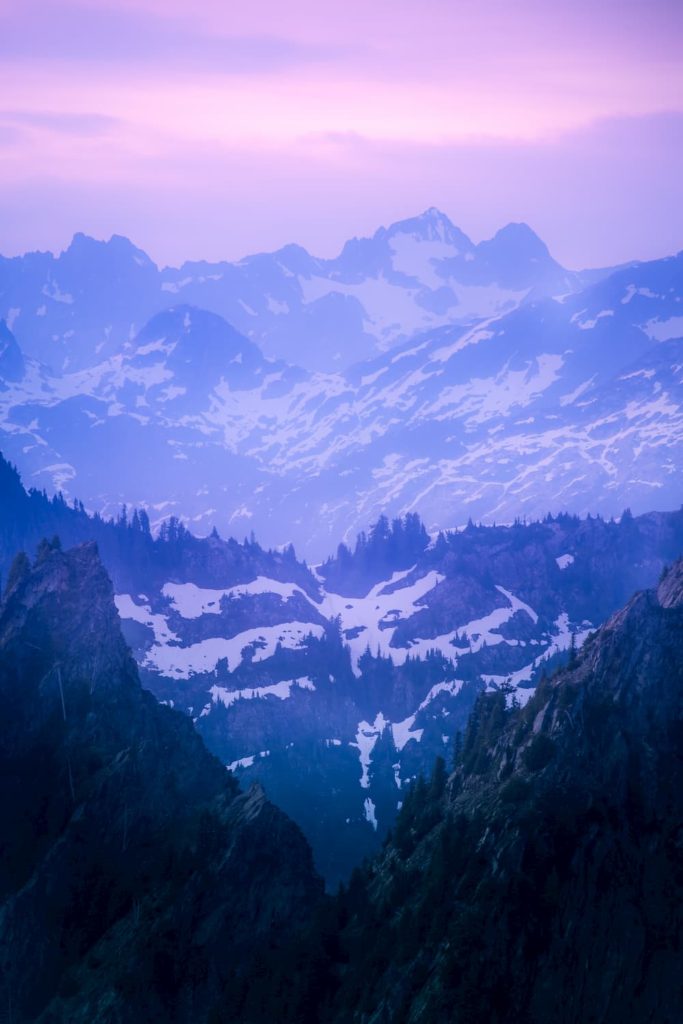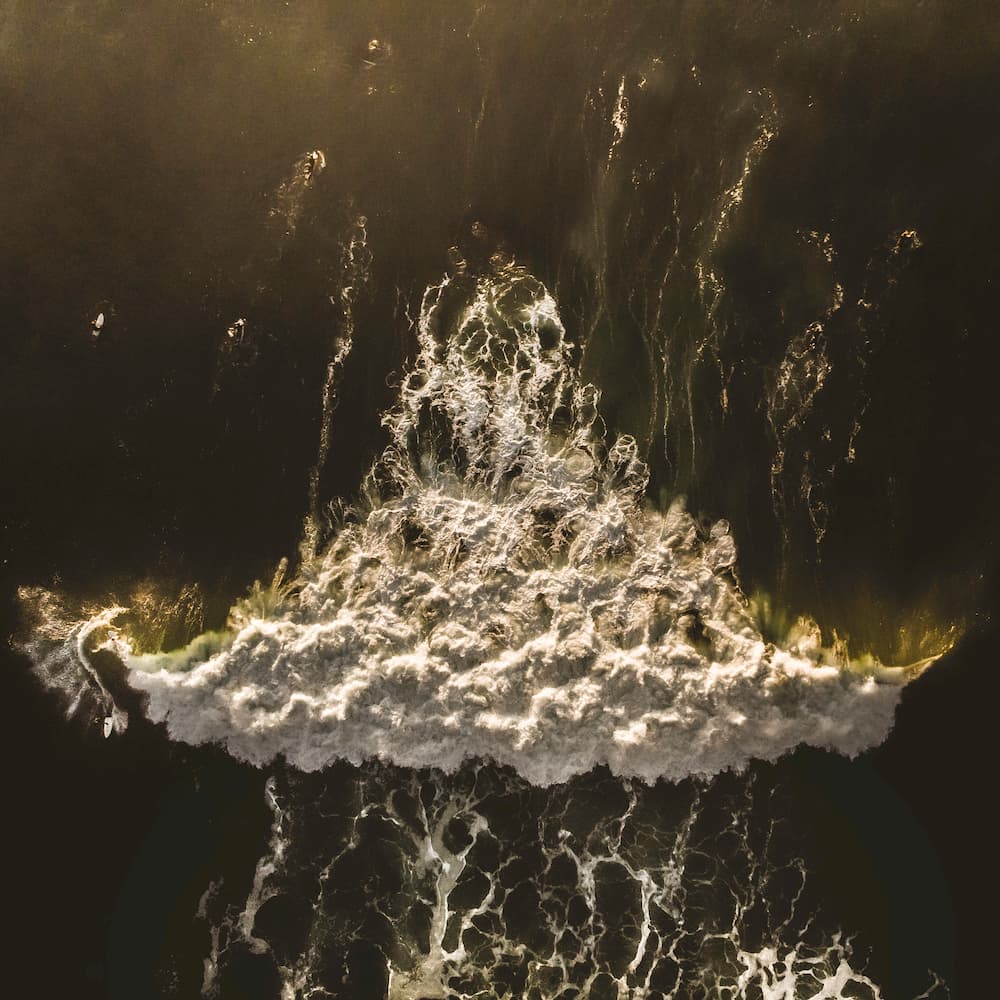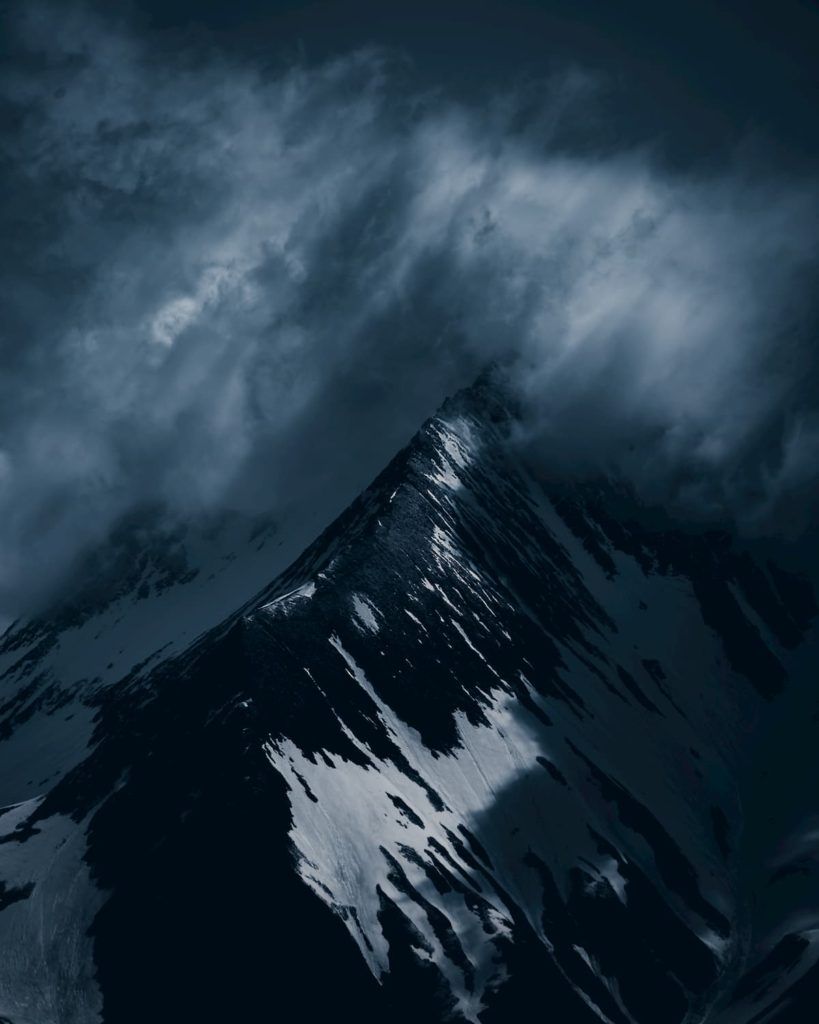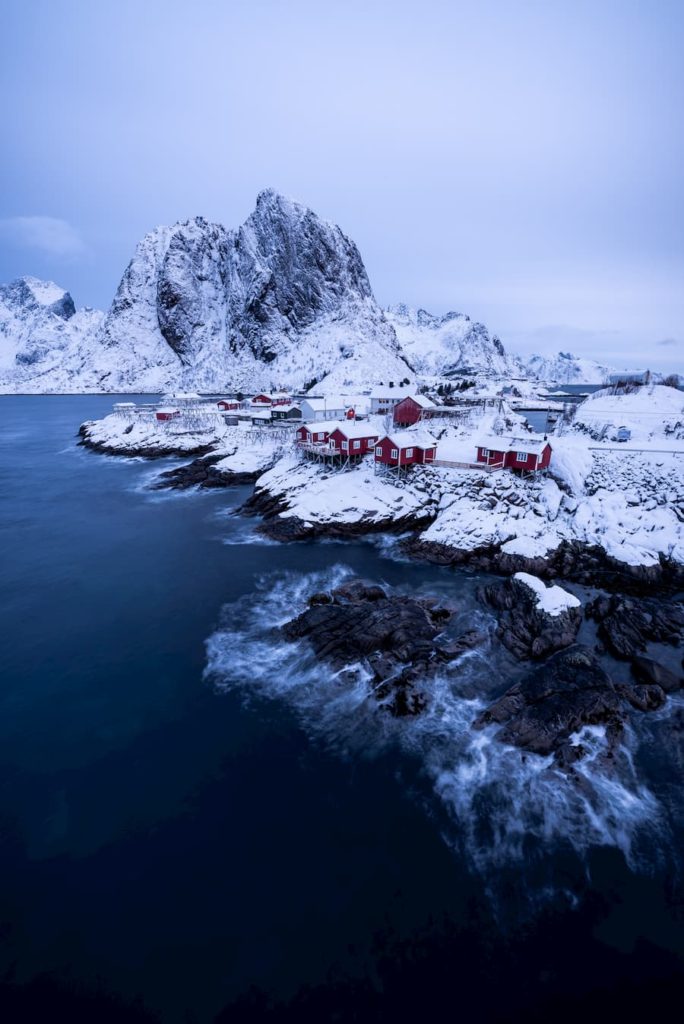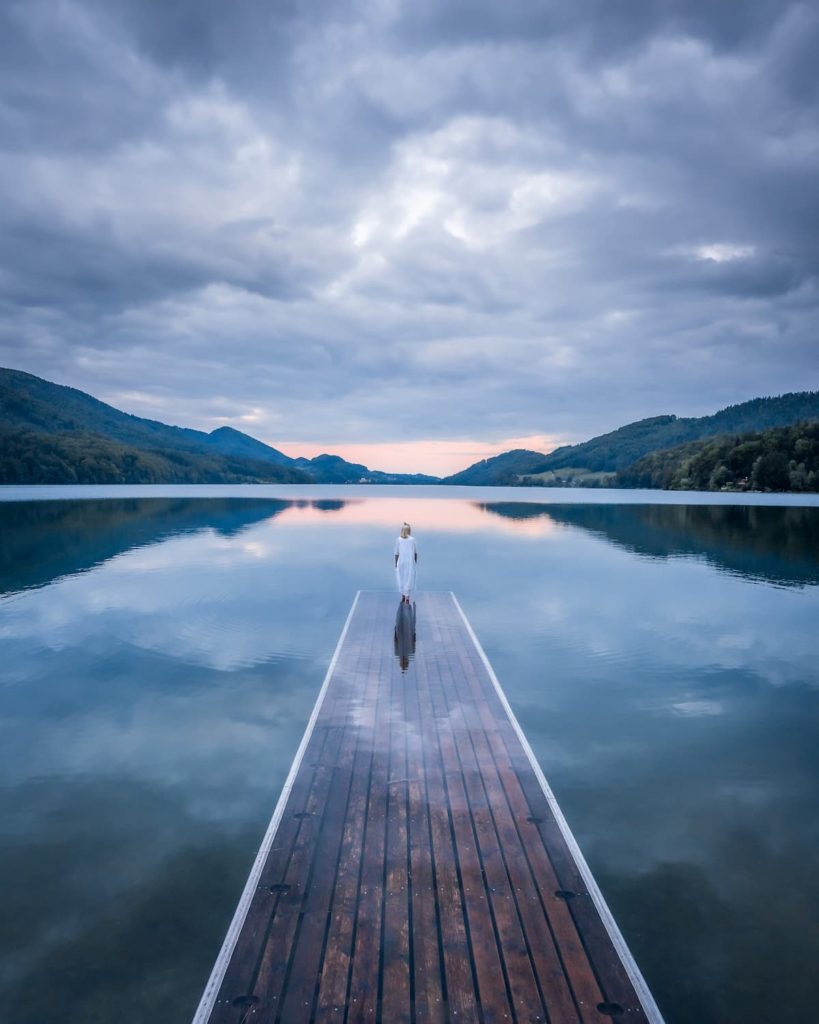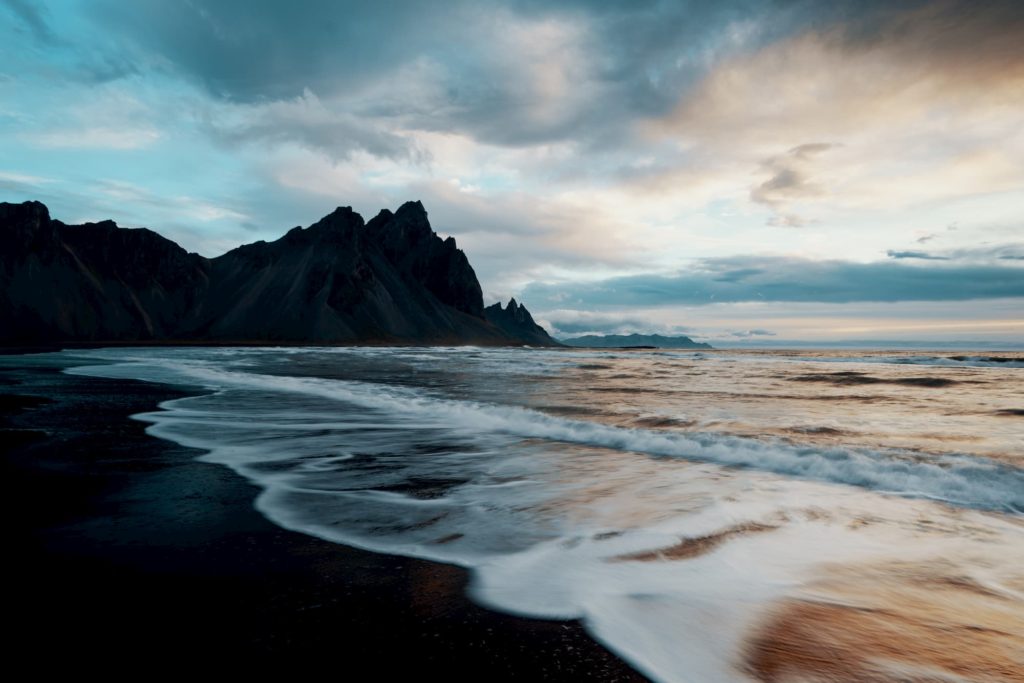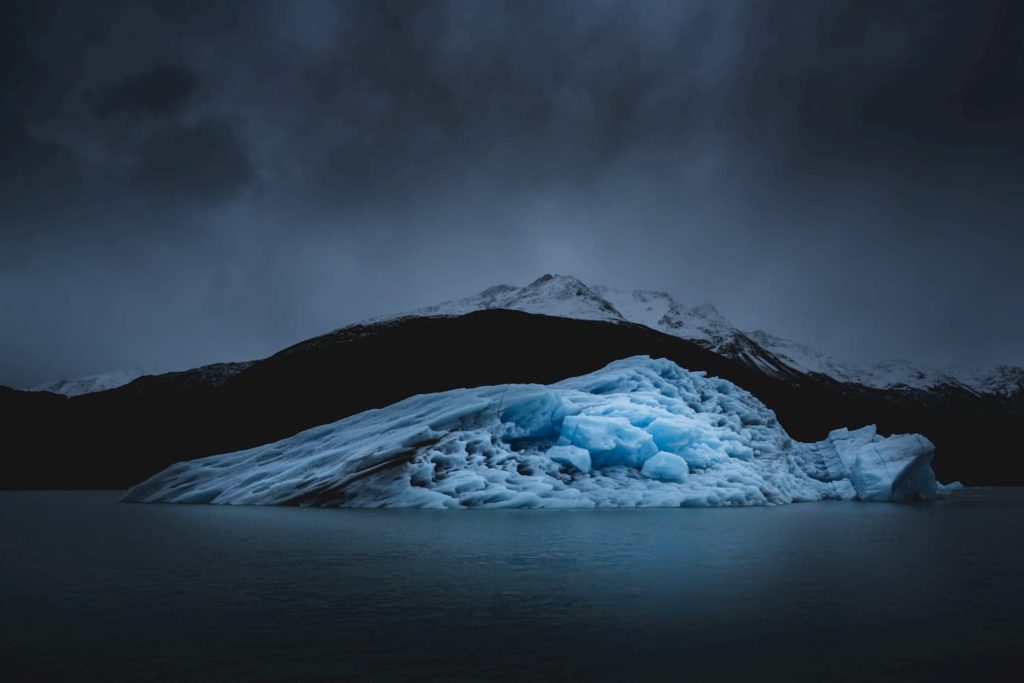
The fascinating perspective
of an artist
Vol. 8
Nomadict Art Gallery
THANK YOU for supporting the amazing photographers we have had the pleasure to work with and introduce you to during the last couple of months!
To celebrate this wonderful community, we have partnered up with 6 of our favorite photographers (@alejandro.tmtz, @thomas_enzler, @_robertorinaldi_, @roymosterd, @besondersschwierig, and @briemanuel) to give away some fantastic prizes!
We will now introduce you to the photographers and the 6 Limited Edition Prints carefully selected for the GIVEAWAY. Get ready to be inspired by their unique pieces of art as we discover their artistic perspective!
I took this photo in Chilean Patagonia, one of the most spectacular places in the world and one of the “meccas” for landscape photographers. Patagonia offers incredible images every season of the year, but I am in love with winter. November fulfilled all my requirements.
The trip required a lot of planning; I had to select points of photographic interest distributed throughout both Chilean and Argentinean Patagonia. I analyzed the weather patterns in the area as well as the lunar phases for astrophotography.
I started in Chile, where I rented a 4×4. I traveled several hundred kilometers to the north of Argentinean Patagonia and finally back to Chile. There were not many hotels or lodgings available in the low season, so I camped almost every day. This allowed me to wake up in incredible places far from any road.
One of the biggest challenges I had to face in Patagonia as a photographer was the sudden weather changes. While you can change quickly the settings for photography, time-lapses were much more complicated. Winds of more than 100 km/h did not make it easy either.
However, it was due to those ever-changing weather conditions that I was surprised by one of those sunsets that completely amaze and overwhelm you. Out of a sudden, the sky turned orange.
"The scene presented a sharp and mountainous relief, with warm-colored clouds complementing the scene."
I took my 400mm Sony lens and I was able to complete a series of about 20 images. I selected one out of those 20, focusing on composition and color. With post-processing, I took advantage of the colors of the sunset, highlighting and playing with them to achieve the smoothly changing intensity of color throughout the sky and the clouds. The edit maintains the style of my last work based on orange and greenish tones. Finally, the sharpness of the image allows the viewers to feel as if they were in Patagonia themselves, contemplating the scene.
For me personally, the photo gives me many feelings. On the one hand, it transmits peace and relaxation to me; nothing is heard from a distance, and there’s complete silence. On the other hand, you can see the bare rock, vacant land, and absence of vegetation with extreme high-mountain climatic conditions. All of this conveys solemn respect for the mountain…
On the day I took this shot, which eventually also won the Best of the Week 49 Contest from Nomadict, we woke up well before sunrise and drove from our campground in Lake Louise, Alberta to Emerald Lake, British Columbia.
We wanted to get there early so that we could be sure to get a parking spot and have time to set up before the first light. It was still blue hour when we made our way to the edge of the lake to wait for sunrise. We couldn’t see much in the dark, but it looked very overcast and I was worried we wouldn’t get the colorful sunrise I was desperately hoping for. However, if I’ve learned anything from landscape photography, it’s that you have to be patient and never dismiss the weather conditions at first glance because you just might be surprised.
As it began to get brighter, the full beauty of the morning revealed itself to us. A layer of fog blanketed the lake and low clouds obscured parts of the mountains. The water was utterly still and it was completely silent. All thoughts of hoping for a colorful sunrise left my head as I gazed upon this surreal scene. I don’t think I’ve experienced a more perfect morning.
"The conditions were just unbelievable, and I knew I had to capture it."
This morning made me feel at peace for the first time in a while, and in between photos I soaked in the calmness and stillness and just marveled at the view. To me, enjoying nature is a solitary experience, a time to ground myself and empty my mind of worries, especially during the stillness of sunrise. I was fortunate enough to enjoy all of that on the morning I took this photograph.
"I wanted to capture the peaceful ambiance of the lakeside, the moody atmosphere, and try to convey how surreal it felt to be standing there, like something out of a dream."
There is a hotel on the lake, and the main building is a beautiful lodge. The orange glow of its lights contrasted beautifully with the blue tones of the early morning, so I chose the lodge as the focal point for the photo. The slope of the mountain behind it and the log in the lake act as leading lines to draw the eye of the viewer toward the cabin.
When editing this photo I wanted to stay true to the scene; it was perfect as it was. I wanted to emphasize the mood and atmosphere that I experienced there and highlight the features that captivated me when I was taking the photo. Using Lightroom, I upped the exposure first, as I had slightly underexposed the shot to preserve the detail in the highlights. I also lowered the highlights and raised the shadows, and then added contrast to the image with the tone curve panel. I usually always raise the vibrancy in my photos to make the colors pop more. Here, it helped bring out the turquoise in the water. This lake has such a stunning color in daylight, but you can see a hint of it even in the darkness of this photo.
To add emphasis to certain areas, I used linear gradients to lower the exposure of the top and bottom of the image to draw attention to the middle of the photo, and also added a radial gradient in the middle to brighten it up. I also used radial gradients on fog and low clouds where I lowered dehaze and raised the whites to make them pop more. I didn’t do much color grading to this image, other than to bring out the blues a bit, and just slightly warm up the highlights. For a bit more contrast, I used a linear gradient to brighten up the entire left side of the image and lowered the dehaze as well to increase the dreamy quality of the scene. Finally, I brought the image into Photoshop to apply the Orton Effect to add some glow and enhance the dreaminess even further. I really wanted to bring out the ethereal feel of the morning… And I hope you can feel it when looking at the photograph!
I took this image at the iconic location of Lago Di Braies in the Dolomites. My wife and I took a few days off to discover the region of South Tyrol and of course, we couldn’t miss this location. Even as a Swiss guy, I was very impressed by the mountains and nature. Hiking next to the “Tre Cime di Lavaredo” as well as this place here by the lake… It was all magnificent and the autumn atmosphere and colors made it even more special.
Because it was very early in the morning, I could fly my drone and take pictures before the crowd arrived.
"The color of this lake with the contrast of the old wooden boats, makes this top-down drone shot a fantastic travel image as well as minimalistic and abstract art."
The top-down and diagonal composition adds simplicity as well as well-balanced feelings. I split images like this one into different layers when editing. In this case, the boat layer, the water layer, and some grading layers. The key for me is to turn the white balance of the water slightly down, so the lake looks a bit more cold and fresh. At the same time, I reduce the saturation of the water, adding a natural “coldness” and still keeping it real and subtle. On the other hand, I added some warmth to the boat layer, did some slight sharpening, and that’s it. Last but not least, I wanted to lead the eye to the middle by adding gradients and in this photograph, I kept it classic; so I darkened the edges and brightened the center.
I’m attracted to minimalism and simplicity and this preference has been getting stronger over time. Not overwhelming for the eye, simple forms, reduced information, clean and easy to process…
"I feel this leaves more space for thoughts and feelings to arise within the viewer, which I think is the essence of art!"
Lago di Braies is one of the most popular photography locations in the Italian Dolomites. Every time I scrolled through my Instagram feed, a photo of this place appeared on the screen of my phone, so I wasn’t motivated to go there at first. At the same time, I kept thinking, it must be for a reason that so many people visit and take photos of this place. It made me think that it should be very special and I had to see it for myself… So, sometime later, we set the alarm really early to be at the Lago di Braies before sunrise.
When we arrived, there wasn’t a single car in the parking lot and no one to be seen on the paths, except for one person doing her workout run. It felt as if we discovered this amazing place and we got to experience it in a truly gorgeous way.
"There was not even a subtle breeze and the lake was like a mirror."
The sun rose and started to enlighten the mountains in the background. The five little boats were perfectly positioned in front of the mountains. It was magical and I couldn’t take my eyes – and my camera – off this well-balanced and beautifully lit scene with an amazing reflection.
"I wanted to create a very simple photo with a minimalistic feel."
The light and simple scene had to be enough to make the shot special. I tried to line up the line of snow in the back so that it would lead the eyes to the subject of the photo, the boats.
In addition, I wanted the viewers to have the same feeling of serenity as I experienced while I was taking the picture. Therefore, with the editing, I did some minor corrections to make it a well-balanced image with not too much contrast. I lifted the shadows a little and muted the highlights slightly. I didn’t touch the colors much, because the scene was naturally perfect in my opinion.
After all, I was very happy we decided to go to this location, despite our doubts. My preconceptions have definitely proven to be wrong and with that, I have learned that even though places can get crowded and are very popular, you are still able to have a unique experience for yourself. If you time it right, it will feel as if you were the first person to discover a treasure of nature.
This is Gran Sasso National Park, Central Italy. The mountain you see is not one of the main mountains in the park, which is why I love it so much. It’s not much visited by hikers and alpinists, so it is the wildest of peaks around the area, offering a stunning panoramic view.
During wintertime, the mountain is exposed to some very strong winds – I had to give up on reaching its top several times. The wind can become so strong you are barely able to stand strong on your legs. The last time I went there, it took me three days to reach the top of the mountain because of the wind – In essence, it took me three days to finally capture this scene and get this shot. In addition, I had to make sure to be there very, VERY early in the morning, as I wanted the snow pattern on the ground not to be destroyed by other people walking on it.
I love this photo because of the calmness and sense of peace, and because of the snow, which I crazily love. It makes every landscape particularly photogenic.
"Since there are several different elements in this picture, I chose this composition in order to not make the scene too chaotic."
The picture is divided into four equal horizons or layers. First the sky, second the Gran Sasso Mountains and the third plus fourth layers are the ground, covered in snow and nicely modeled by the wind. I have assigned two layers to the snow-covered ground because I wanted to highlight its pattern and the (artistic) power of the wind.
The first three characters, the sky, the mountains, and the ground, are easy to distinguish. However, the most interesting is the fourth character, which you cannot really see but it’s there and it is hugely contributing to the final result: the wind. If you think about it, being able to capture a non-material or intangible element is something you can actually achieve. This is the power of photography.
"When editing, my first rule was “do not overdo”. Especially when dealing with snowy landscapes, I believe over-editing the photo will create a very unnatural result."
I have slightly edited this photo on Lightroom, by simply adjusting the temperature settings and increasing the contrast and shadows on the ground covered in snow with the aim of bringing out and emphasizing the tridimensional pattern.
As a generally impatient person, this photo has been a challenge and taught me about patience. I had to go back several times and both face AND use the power of the wind to finally get this shot. So, if you really want to achieve the result you are looking for, be patient and wait for the right moment. And anyhow, not a single minute is wasted. You will have lots of time to practice and improve your skills while waiting for the perfect moment!
The photo was taken in the Black Forest in southern Germany. It was October and the golden autumn was hiding from us. It had been raining for days. So, I often sat down in a wooden shed and photographed the passing fog – for hours.
I love fog; it covers the world and in the fog, everything can disappear, the unpleasant and the ugly, and the colors and the beauty. Fog can make things gloomy and melancholic, it can create silence and everything around becomes a little eerie. It feels like the fog envelops me completely and as if I could travel through time. And then, there is always a moment when the fog suddenly lifts and a piece of nature is revealed. As if you look through a frame that gives you a sneak peek of a miracle.
"That's how my photo was taken – suddenly there was a window where I could see through and catch nature's magical appearance."
I didn’t edit this photograph very much; I just touched up the sharpness and slightly boosted the colors. Everyone knows the Black Forest doesn’t need filters. Nature is full of colors and shapes and I highly recommend going out, becoming aware of them, and if you like, capturing them!
Although I photograph different genres, partly because of my job, the majority are still landscapes and animals. For me, landscape photography has something to do with mindfulness. I am alone in nature and concentrate on my senses, what I perceive, how something smells, how it feels… And when I take a photo, I capture something that actually disappears in the flow of time. The camera captures the transience of life. At the same time, of course, a photo can never actually reproduce this one moment, because a photo itself is already something new. That’s why, for me, photos are not images of reality, photos have a life of their own, photos are an expression: expressions of who I am, of the techniques I use, of the world around me. That’s why a photograph is Art.
Would you like content like this sent to your inbox?
NOMADICT
ART GALLERY
THE LATEST STORIES
WRITEN WITH PASSION TO INSPIRE YOU
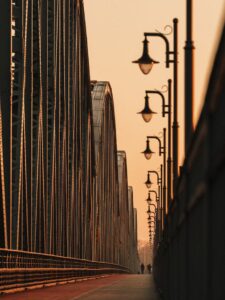
A guide to Toruń, Poland: A golden hour haven for telephoto tales in crimson and gold
Toruń, set along the Vistula River in north-central Poland, is a UNESCO-listed gem where Gothic brick façades glow in the last light of day. Small and unhurried, it’s a city made for slow wandering, and for watching golden hour turn terracotta rooftops into crimson and gold.
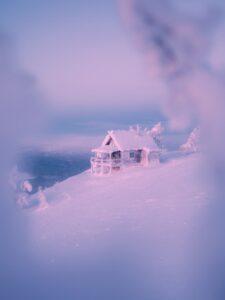
Kasper Rajasuo (@rajasuokasper): Best of the Week 46 at #nomadict
From childhood hikes to award-winning shots, Kasper Rajasuo’s journey is one of rapid evolution and deep connection. In this article, Kasper shares the technical secrets behind his “Santa’s Cabin” winning photo, the four lessons that defined his career, and how he uses color theory to transform harsh Finnish winters into dreamy, serene masterpieces.
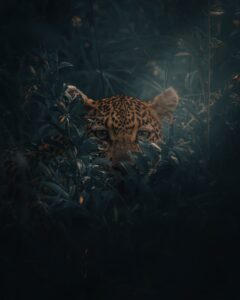
Andy Rider (@andyswildlife): Best of the Week 2 at #nomadict
Andy Rider is a passionate wildlife photographer and filmmaker based in South Africa, dedicated to capturing the raw beauty of nature while raising awareness about conservation. Inspired by legends like Steve Irwin, his journey began as a field guide, where he honed his skills and developed a deep respect for ethical wildlife photography.
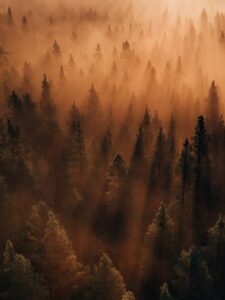
Philipp Pilz (@buchstabenhausen): Best of the Week 43 at #nomadict
In this article, photographer Philipp shares how time, clarity, and consistency have shaped his evolving relationship with nature photography. Drawn ever further north, he writes about embracing uncertainty, working with restraint, and finding beauty even when plans fall apart — including the unlikely story behind his Best of the Week–winning image.
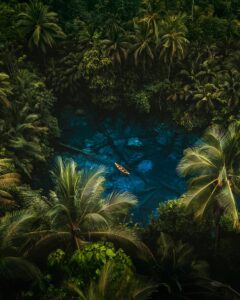
Tom Fähndrich (@tofenpics): Best of the Week 47 at #nomadict
Tom shares the journey behind his winning photography, from a passion for exploration and remote places to field lessons, composition choices, and color grading.
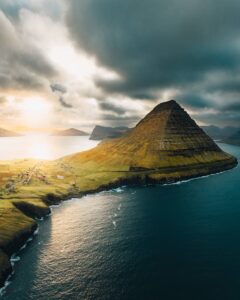
Photo tour in the Faroe Islands
Join us in the Faroe Islands for a unique photo tour, where you’ll elevate your creative skills with expert guidance from Ronald Soethje and Nomadict.
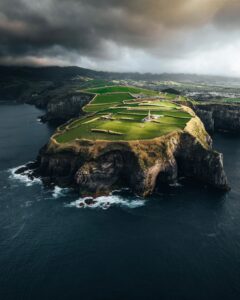
Photo tour in Azores, Portugal
Join us in the Azores for a unique photo tour, where you’ll elevate your creative skills with expert guidance from Ronald Soethje, Bruno Ázera, and Nomadict.
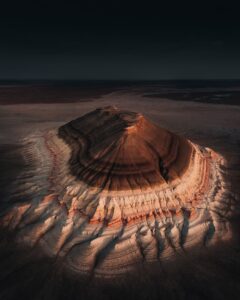
Forest Kai (@forest1kai): Photographer based in the US
In this article, Forest shares how years of chasing scale, silence, and raw landscapes shaped his approach to photography, from the deserts of Kazakhstan to the volcanic ridges of Iceland. He talks about how he uses light, texture, and vast negative space to create images that feel both intimate and overwhelming.
